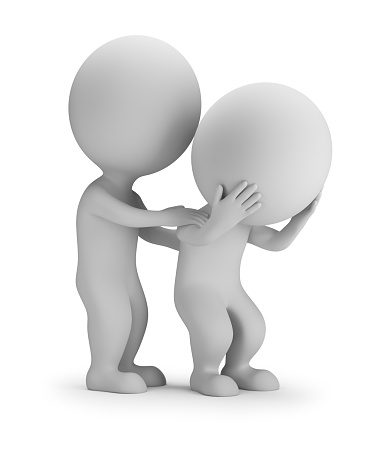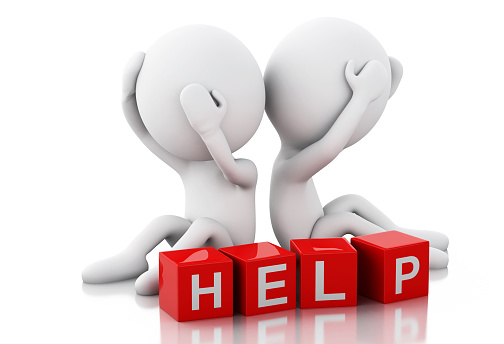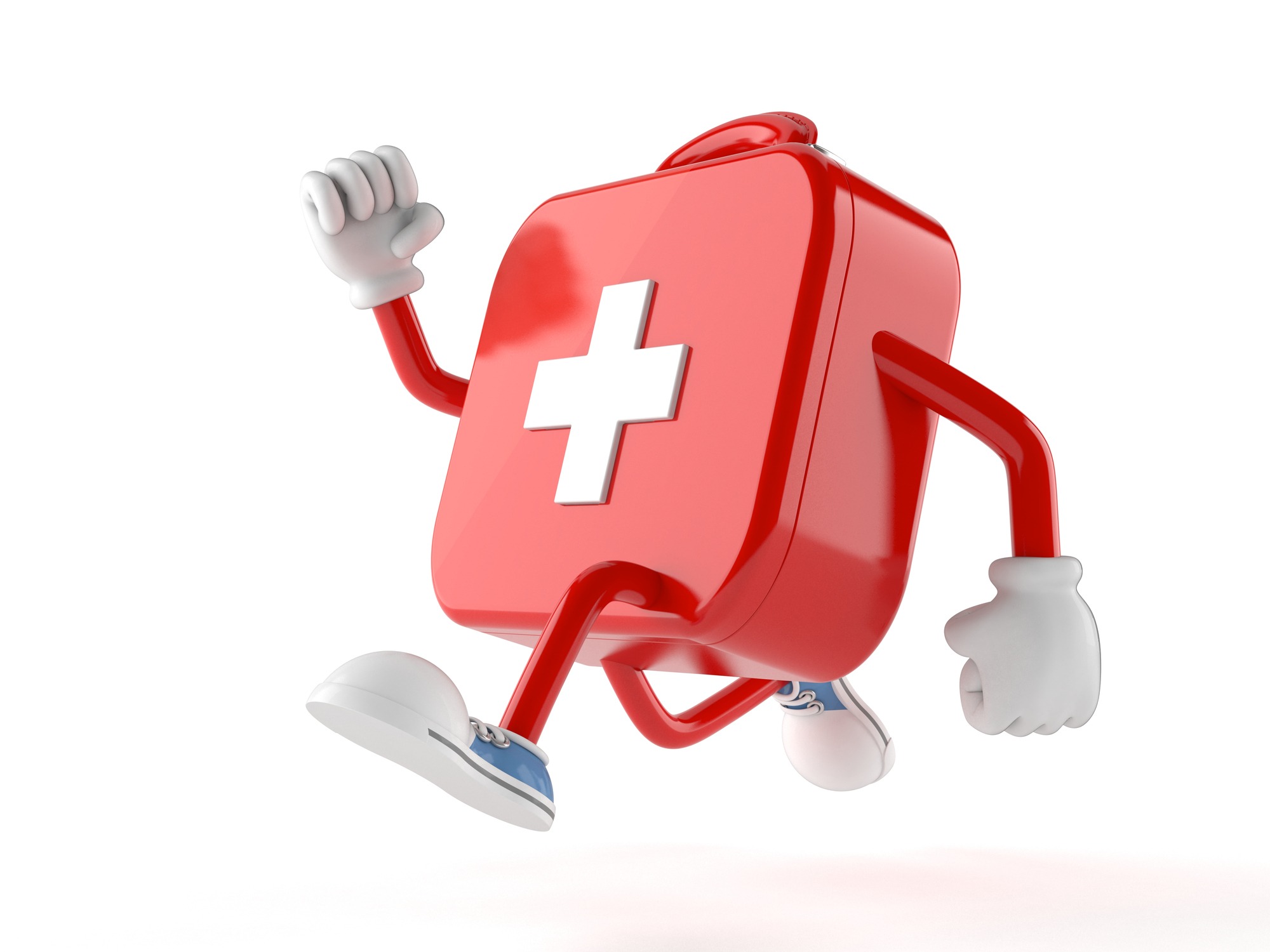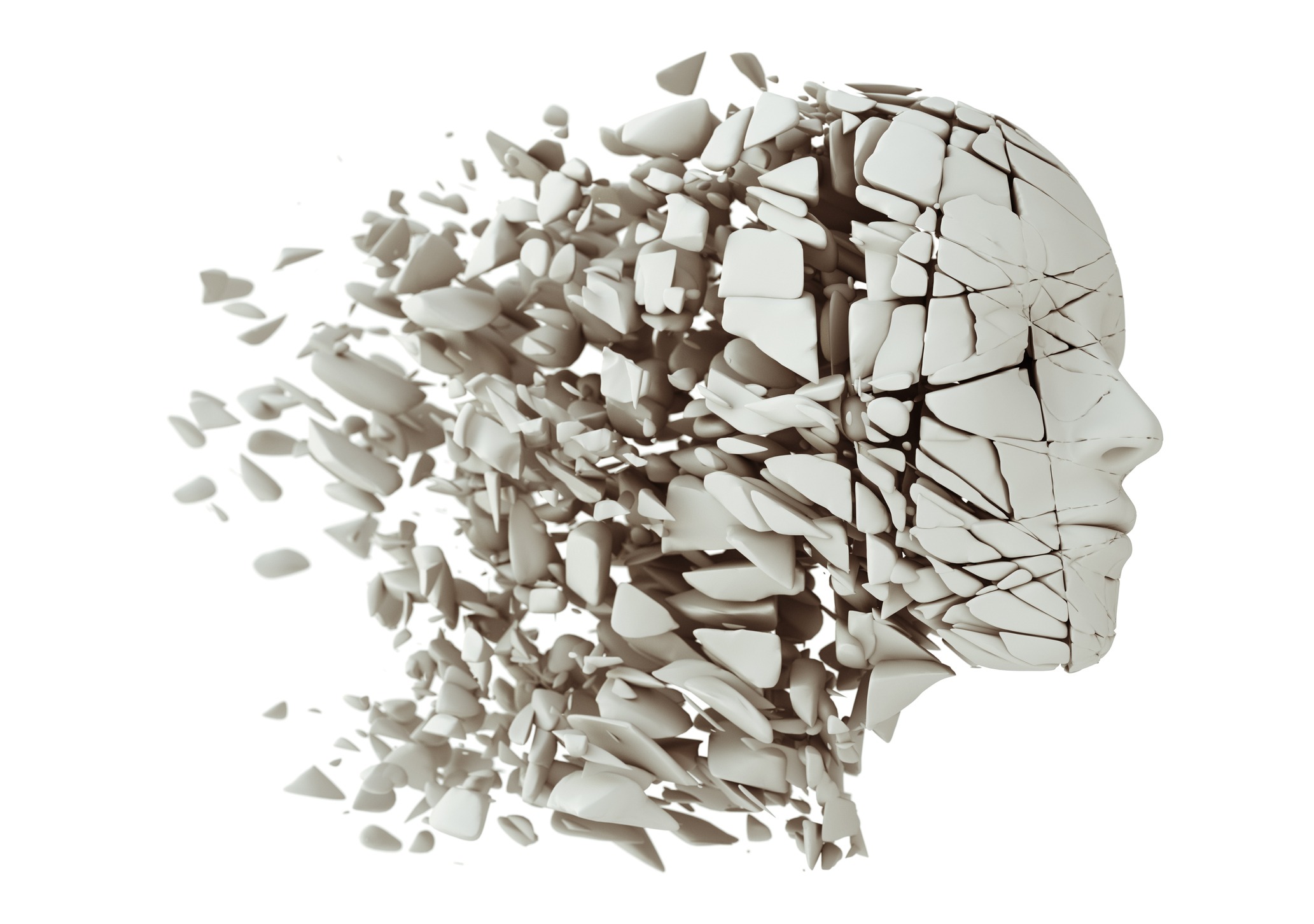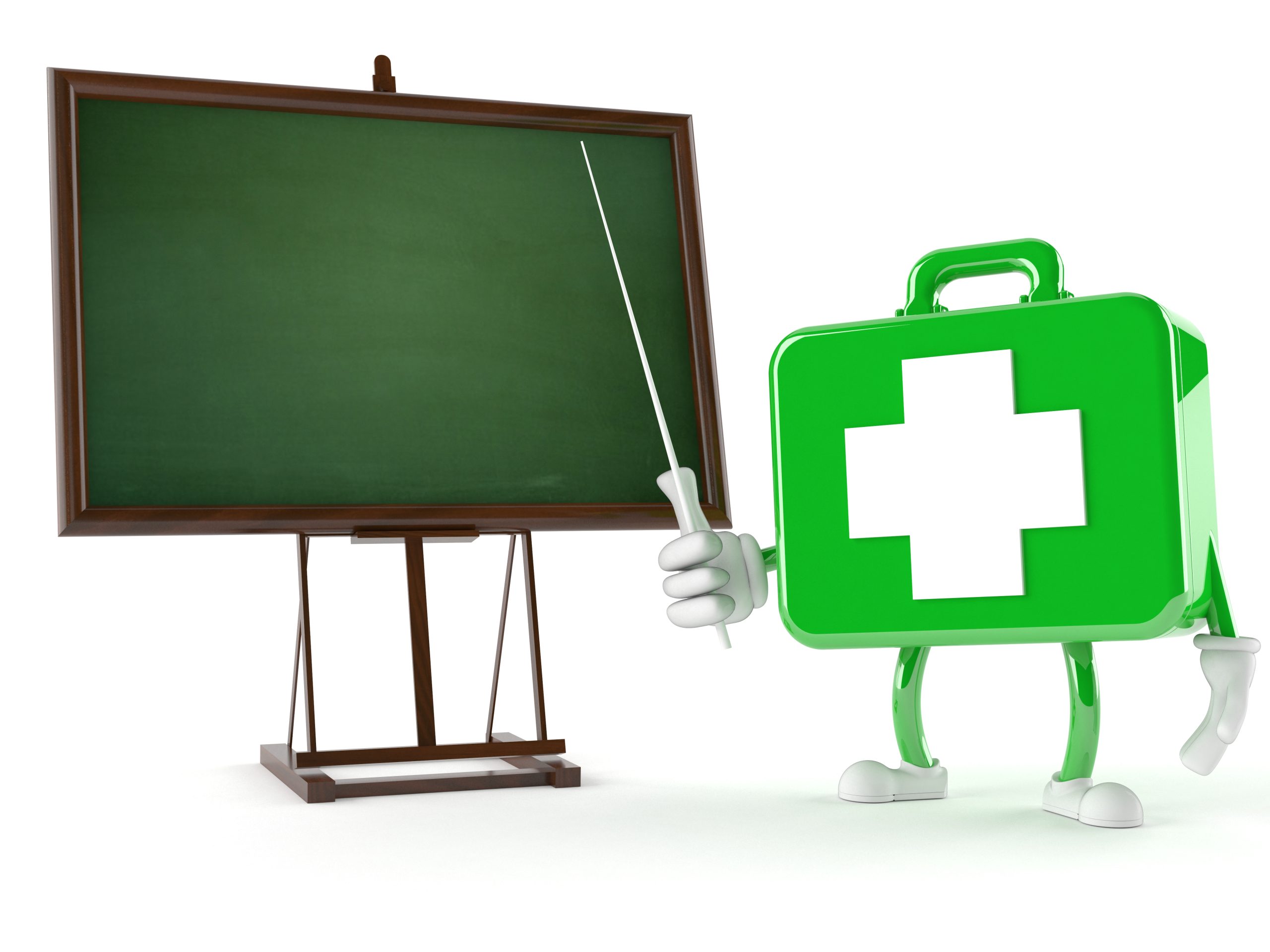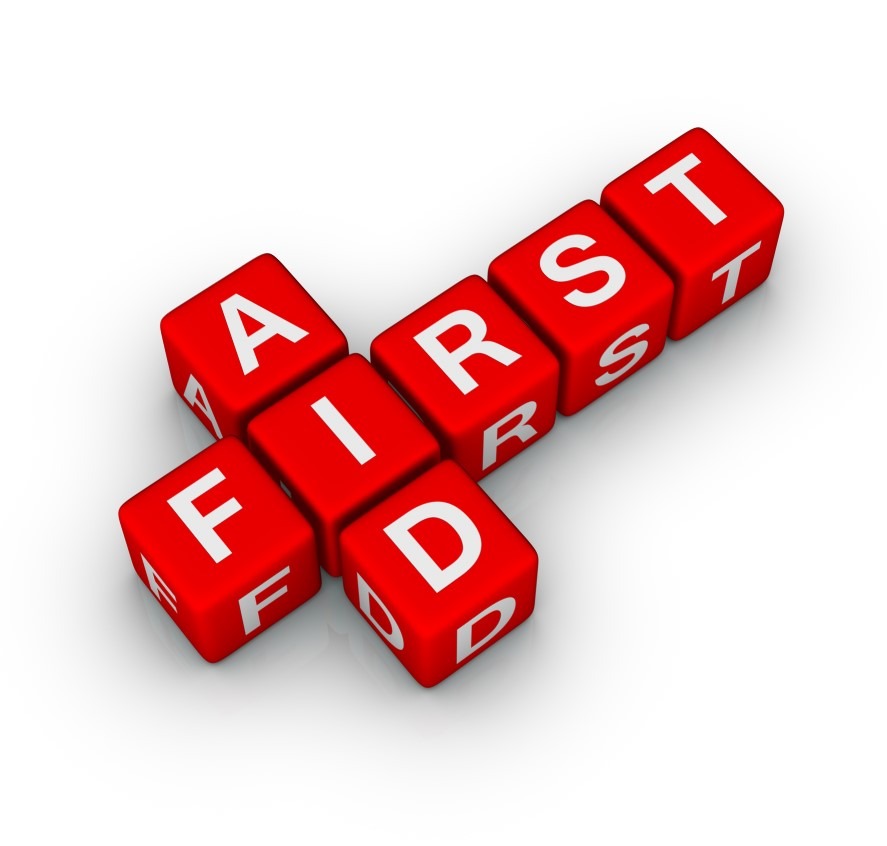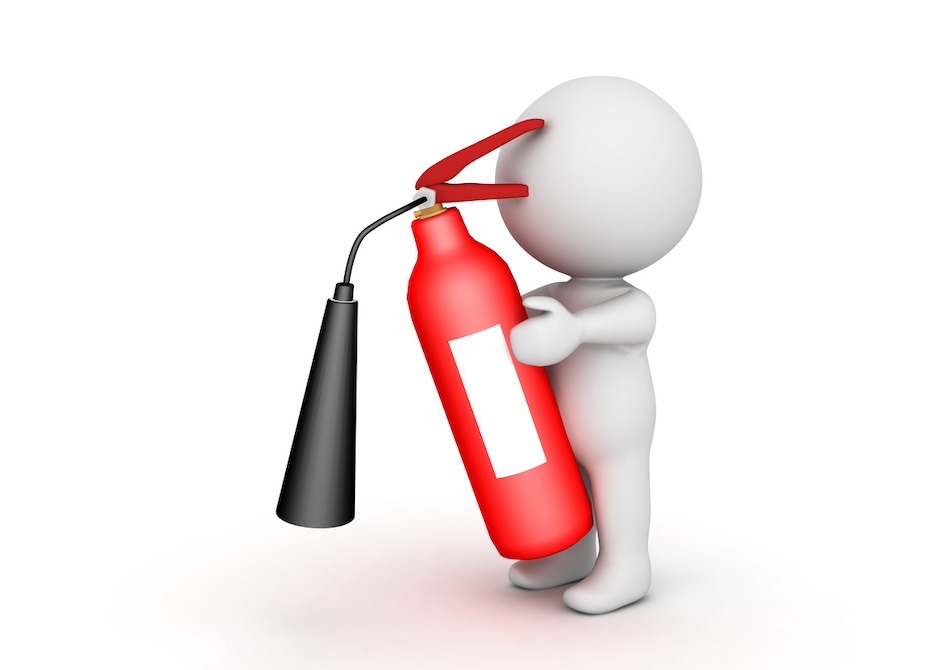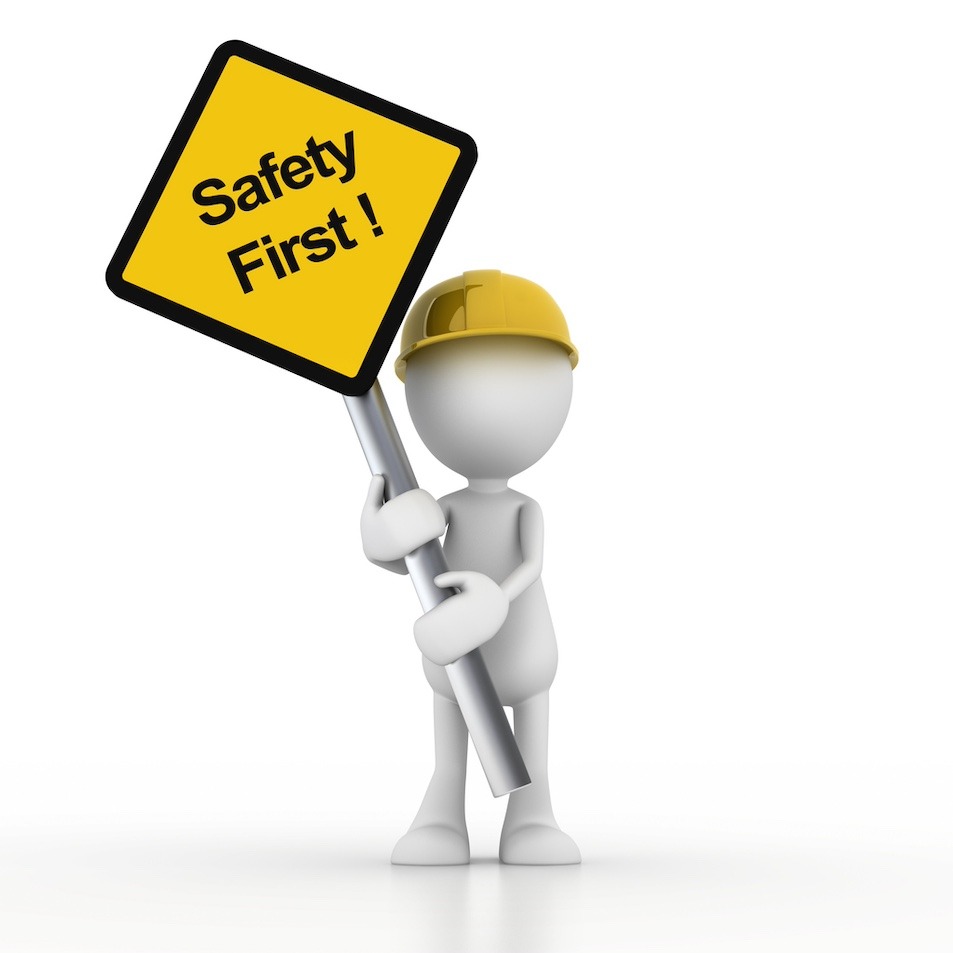Do you know how to recognise anaphylactic shock and how to help?
Anaphylaxis is a severe allergic reaction that affects the breathing and blood pressure of the casualty – and is therefore a life threatening condition. It can develop very quickly in people who are susceptible to it.
Signs and symptoms:
- Red, blotchy skin
- Tingling in the mouth
- Swelling – initially localised (tongue and mouth) and then more widespread (throat and under the arms)
- Puffiness around the eyes
- Difficulty in breathing – tight chest, wheezing
These casualties need immediate medical aid. The drug that is used to treat anaphylaxis is called Epinephrine. This is a life saving procedure that needs to be instigated at the earliest opportunity.
Treatment:
- Airway, Breathing and Circulation – the A.B.C’s
- Rest and reassure
- Loosen tight clothing
- Steady and support in a position that allows them to breath more easily – normally sitting upright
- Help the casualty to administer their auto-injector
- Be prepared to resuscitate
- Seek urgent medical help
If you are looking for more guidance on managing Anaphylaxis https://www.anaphylaxis.org.uk/
